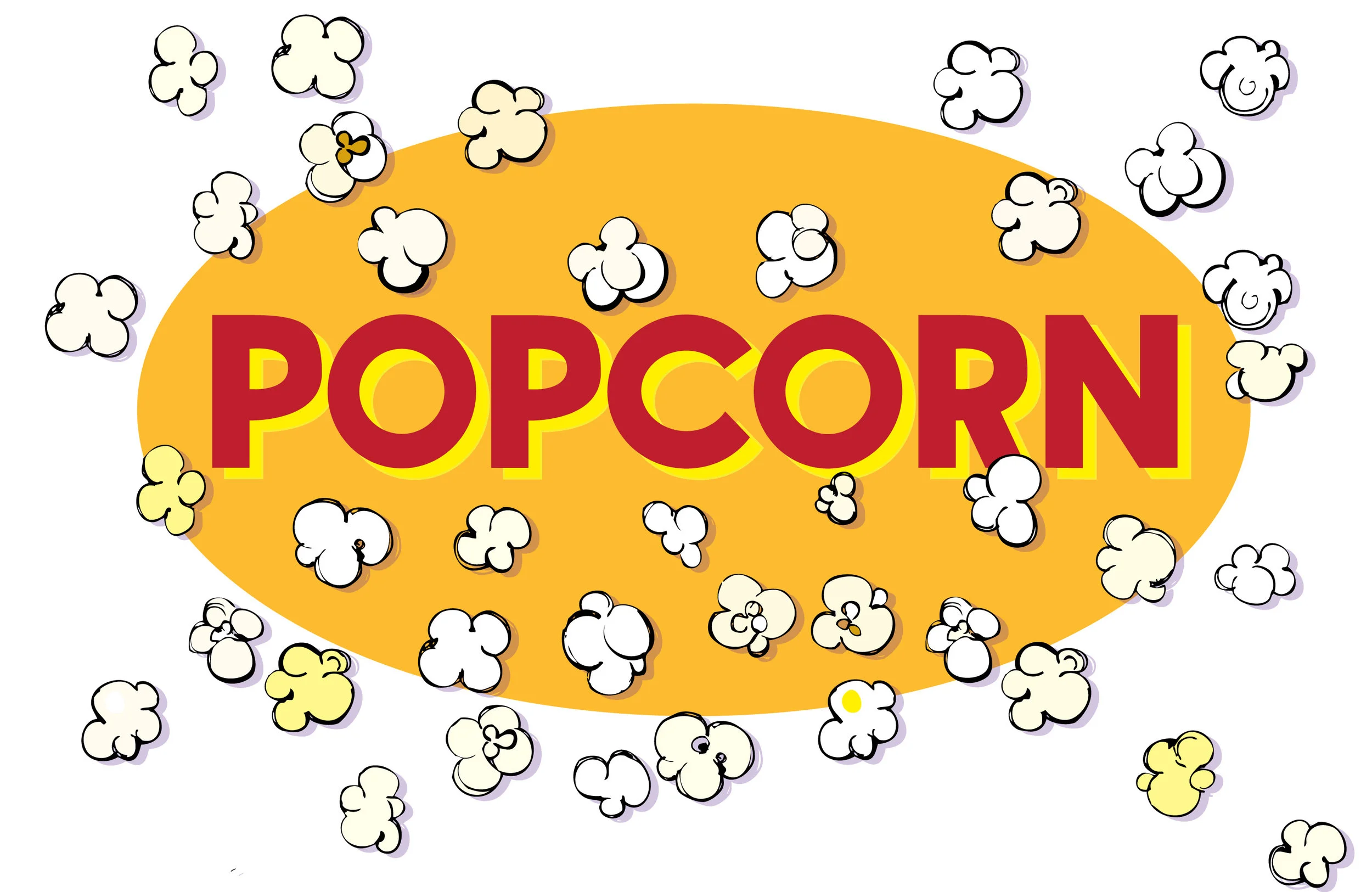Tables at the Table
A table that calls forth a new scene, a new encounter—I’m calling these event tables.
Event tables in RPGs have a bad reputation, but let’s show them some love. Roll some bones and make the party deal with consequences.
A fun event table to show off a small village (The Overworld and Beyond)
Bad Tables
Poorly done tables can be fun killers. The story can vanish as unrelated events take control. Random fights can be all risk and no reward. Roleplaying can go out the window as the harried GM jumps from the table to page 509 of book 3 and must run content they’ve never seen before. But it doesn’t have to be that way.
Right of Refusal
With any RPG table, I always give myself the right of refusal. I roll something lame, mood killing, or just uninspired, I give myself permission to ignore it. The dice are only a suggestion. Roll again. Pick a result that calls my name—better yet, calls a PCs name. Roll three times and pick. Whatever works for you in the moment.
Mystery Fight
The wandering monster table is the granddaddy of event tables. A good one gives you
A mix of encounters, not all are combat
A feeling for the setting. In a drow city, an encounter table might serve up drow, drow pets, slaves, visiting merchants, demons, and mercenaries.
Story. Why is the rakshasa’s palace filled with angry werewolves? The adventure might have a backstory that explains about the earring of lycanthrope control and how the rakshasa was given it by a vampire lord. If the adventure doesn’t tell you, use the result to improv and maybe foreshadow a future adventure.
When you’re writing your own wandering encounter table, think about the story the table will tell. Try a mixture of quirky and expected encounters, and blue-sky possible story hooks for why the quirky encounters could happen. Let the players discover the backstory if they show interest.
A Sense of Place
What happens if the party enters the town of Shriveport? A table can give all sorts of events that help the players experience the town. For example (from The Overworld and Beyond):
1. All the cats in town disappear. This happens sometimes, and while the locals don’t know where the cats go (or so they tell outsiders) they assure the adventurers that the cats will return shortly.
2. An unseasonal storm, crackling with strangely colored lightning, is on the horizon. Locals are used to these. Sometimes these storms rain strange things (frogs, fish, worms, blood, etc.).
3. It is a festival day, and the locals are feeding fish heads and goat milk to cats. Children perform complicated dances involving ropes and poles. All present (visitors included) are expected to wear squid-themed hats.
These kinds of entries are examples of show, don’t tell. PCs can interact with these events, which will make the town much more memorable than telling the players “Shriveport is an odd town.”
When writing your own random event table for a place, make each entry a puzzle piece that add up to the atmosphere of the setting.
Improv Prompts
Events need not be concrete, some can be a springboard for improvisation. These allow the GM to tailor the entry to the players and the ongoing story they are part of. More examples (from The Overworld and Beyond):
1. The sound of a many voices singing a chanting song is carried on the air, though it is hard to make out the lyrics of the song. Is it the song of farmers as they work, the chanting of witches, bandits singing around a fire, or a marching song?
2. The adventurers stumble across a corpse. Is it bandits, an animal attack, a monster’s work, or natural causes (like plague)?
3. A riderless horse thunders by the party, its eyes wide and its saddle empty. If the party follows the horse’s trail back they might find a bandit attack, a dis-horsed rider who has suffered an accident, or a rift in space-time that closes as they approach. Catching the horse might prove equally interesting.
When Not to Table
When you want some options, but the players are unlikely to hit the same table multiple times. A short bullet list will work fine.
When you are writing for yourself and you never roll, always pick. Again, bulleted lists work great.
When you want to hit all the events in order. Rumor lists are often written like that. The first (and most critical) rumor is on top, other (and optional) rumors are below.
When you hate making tables!
Table or not, have fun!





